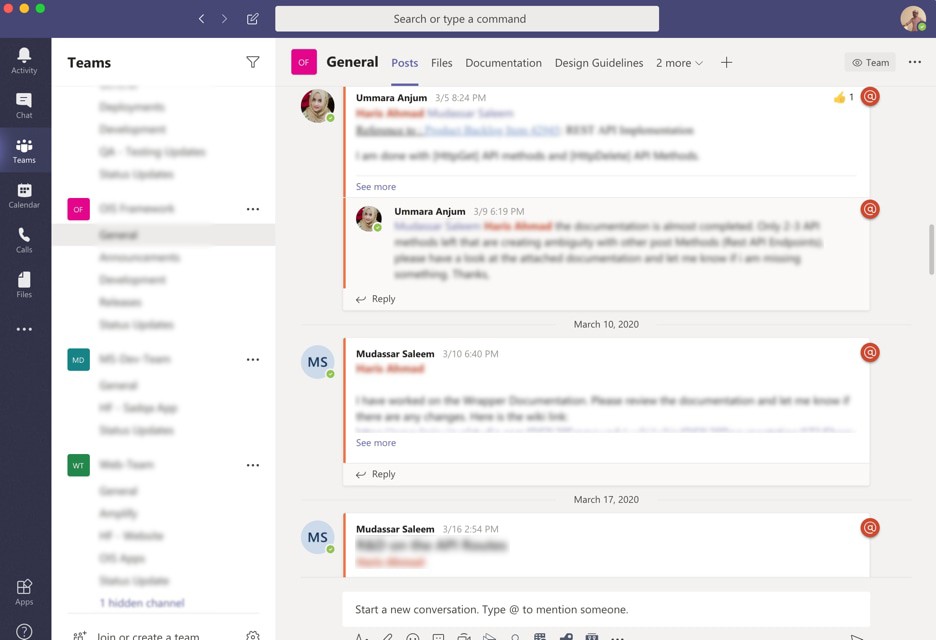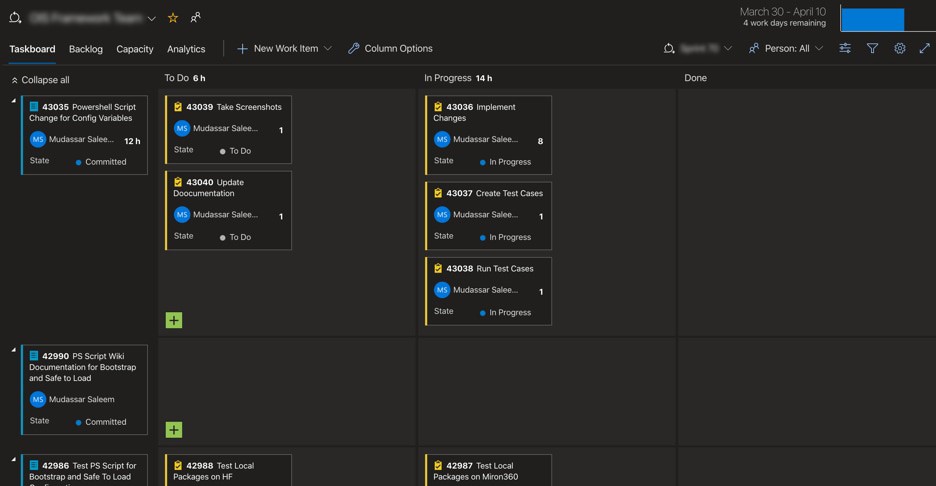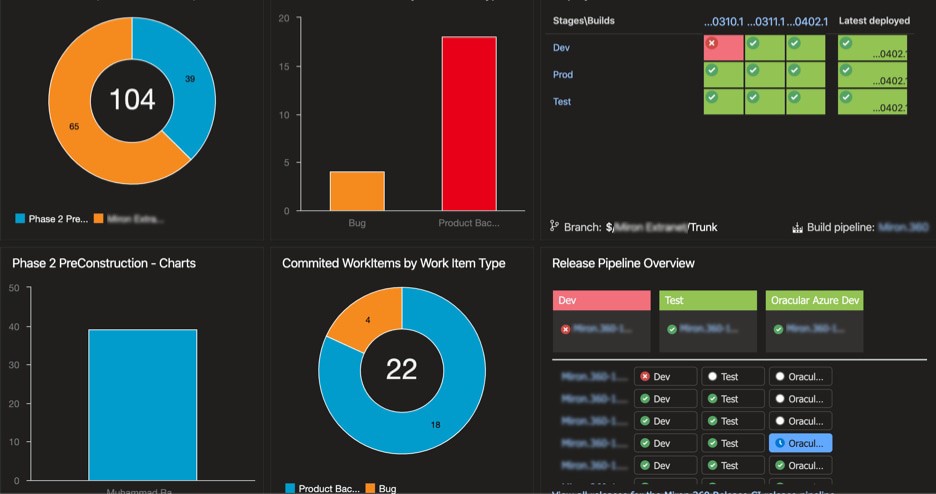Over the past several years working remotely has been offered as an incentive by organizations all over the world. Working remotely can come with its own set of challenges. These challenges may multiply for team leads and managers when all members of the team are working remotely.
During the current pandemic, most organizations had to enable work from home for the majority of their employees. This leads to a question - How do you effectively manage a cross-functional development team remotely.
Here are a few tips that have worked for us over the years.
Collaboration
The use of collaboration tools like Microsoft Teams, Slack, SharePoint, and others help employees stay connected even when they are working in different time zones, locations and departments. These tools help cross-functional teams to come together towards a common goal.
Active collaboration should be promoted and enforced as part of the organizational culture. Otherwise smart people in different teams will create their own silos with limited or no knowledge sharing.

Plan
Microsoft Planner, Azure Boards, Kanban Boards, and other similar services help remote teams stay on track. These tools can provide an effective way to manage tasks assigned to cross-functional teams working on multiple projects. Managers can assign tasks to team members and review the current status of a task.
Planning tools can provide a more focused look on individual tasks within a given project. Developers can review the tasks assigned to them at a central location. Managers have the ability to see a 360-degree view of the project and review the status at any given time.

Outcome
Manage your team’s productivity by reviewing outcomes instead of focusing on the 9 to 5 schedule. With an outcome-based approach, you can track if employees are completing the tasks assigned to them in a timely manner. This can be scaled to manage multiple teams across different locations and time zones to ensure that the expected outcomes are achieved.

Automation
Review any and all tasks that can be automated. Automation generally increases efficiency while reducing the probability of unforeseen errors. This will enable remote teams to focus on development tasks only. Much of the supporting tasks for the development team can be automated.
Here are a few things to consider for automation:
- Infrastructure Deployment and Management
- Test Execution
- Continuous Integration and Deployment
Empower
Empower the employees to make decisions and be responsible for the unit of work assigned to them. Micro-managing remote teams can be a nightmare.
Enabling cross-functional teams to make their own decisions can boost morale, increase job satisfaction and productivity. The quality of the end product generally goes up as employees engage and collaborate with each other.
Culture
All of this is only possible with the right organizational culture. Change leaders should introduce collaborative platforms for remote teams and promote a culture where cross-functional teams can work together towards a common goal.
Let me know what worked for you.